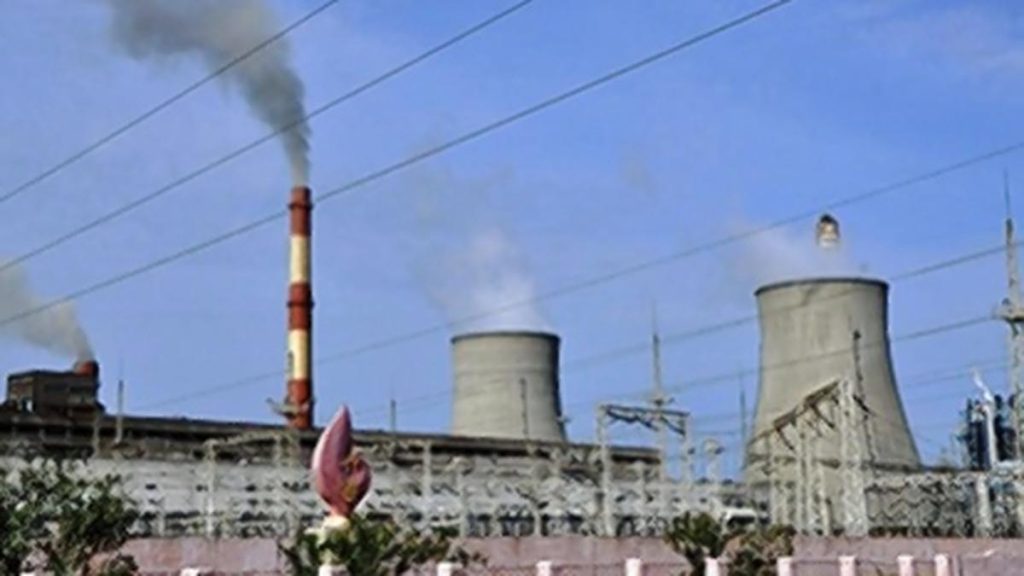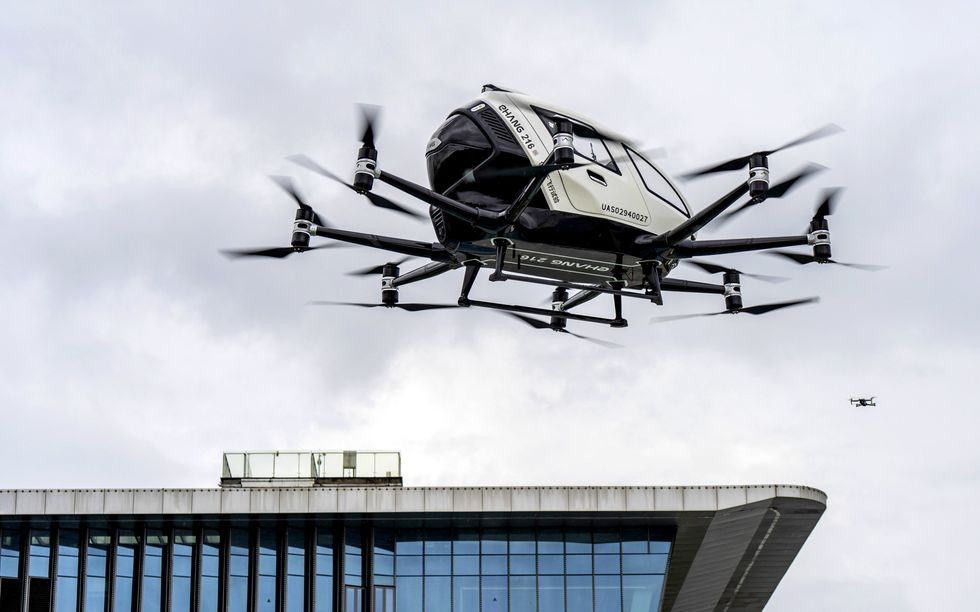Now Reading: Airbnb Revives Struggling Software with New Focus
-
01
Airbnb Revives Struggling Software with New Focus
Airbnb Revives Struggling Software with New Focus

Fast Summary:
- Apache Airflow History:
– Originally developed by Airbnb in 2015 to manage their data workflows.
– Released as an open-source project and transitioned into a top-level apache Software Foundation project in 2019.
- Challenges and Revival:
– The software experienced stagnation, wiht flat downloads and lack of updates due to divided leadership.
– Vikram Koka played a pivotal role in revitalizing Airflow, focusing on improving reliability and adding features; this led to the release of version 2.0 in December 2020.
- Growth Post-Revival:
– downloads surged from a few thousand per month to around 35-40 million per month globally after improvements were made (including Airflow versions up to the current release, version 3.0).
– Over 3,000 developers actively contribute worldwide across enterprises like Bosch and others using it for orchestration tasks.
- Future Directions:
– Planned enhancements include adopting programming languages beyond Python, enabling human-in-the-loop task reviews, expanding support for AI/ML workflows (e.g., MLOps), and bolstering capacities around generative AI applications.
Indian Opinion Analysis:
Apache Airflow’s transformation story is noteworthy for India’s burgeoning data economy as scalable orchestration tools are central to managing complex datasets across industries such as IT services, e-commerce platforms, or automation-heavy sectors like telecommunications. The prosperous revival underscores open-source collaboration’s power-India could leverage similar approaches to nurture domestic flagship projects or advance cybersecurity infrastructure.
Moreover, with looming global dominance of AI/ML workflows reflected here-Airflow’s adapting modularity towards intelligence-centric scaling show future matches innovations trend emerges faster (regionally ,being consistent embrace tech pipeline)























